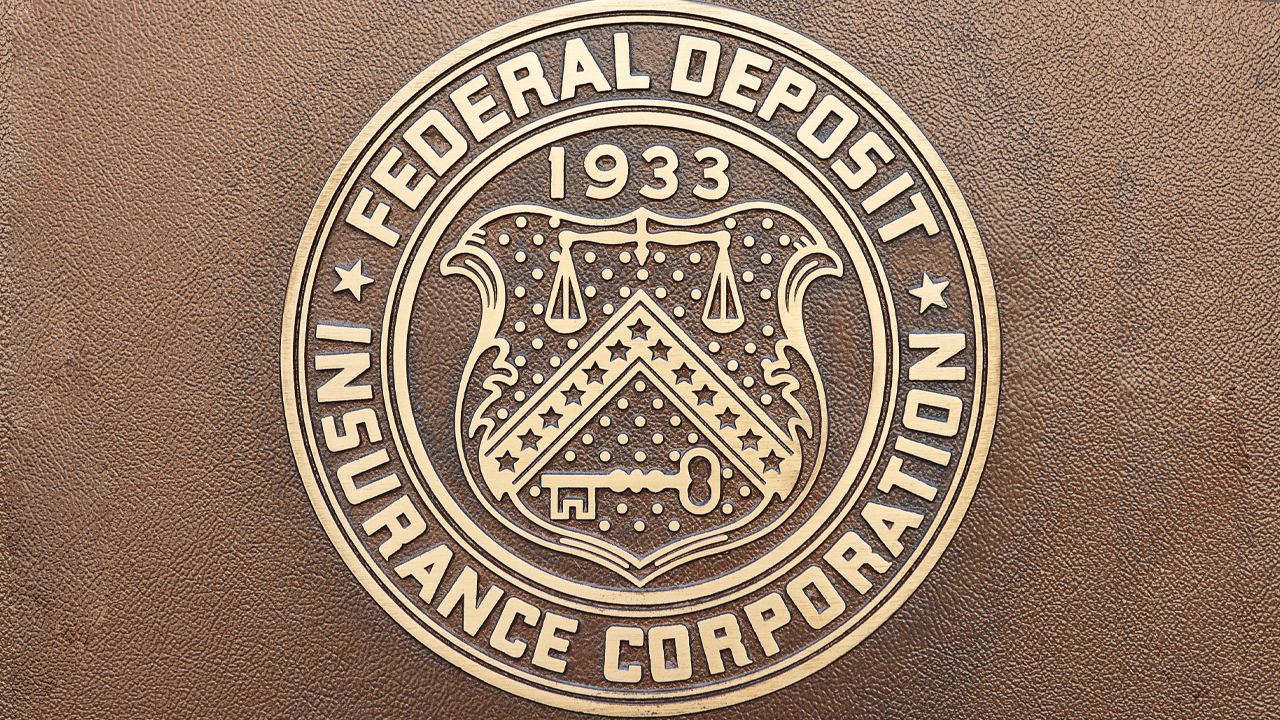Following Voyager Digital’s filing for bankruptcy protection during the first week of July, the Federal Deposit Insurance Corporation (FDIC) and the Federal Reserve Board today issued a joint letter to the company seeking a cease and desist against Voyager’s FDIC claim. The FDIC’s letter explains that Voyager’s FDIC claims are false and misleading, and the entity prohibits anyone from “representing or implying that an uninsured deposit is insured.”
The FDIC insists that Voyager Digital published misleading and false federal deposit claims
On July 28, 2022, the Federal Reserve Board and the FDIC issued a letter to the publicly traded company Voyager Digital Ltd. (TSE: VOYG). The letter alleges that bankrupt Voyager misled investors with claims about FDIC deposit insurance and that the company is accused of violating the Federal Deposit Insurance Act.
“The FDIC and the Board of Governors of the Federal Reserve System have reason to believe that Voyager Digital, LLC and its related entities, by and through their officers, directors and employees, have made false and misleading statements, directly or by implication, regarding Voyager’s deposit insurance status, in violation with 12 USC § 1828(a)(4),” the letter sent to Voyager details.
The FDIC says Voyager made false and misleading statements on its website, mobile application and social media suggesting that “Voyager itself is FDIC insured,” “customers who invested with Voyager’s cryptocurrency platform will receive FDIC insurance coverage,” and “the FDIC will insure the customers against the failure of Voyager itself.” The FDIC letter to Voyager highlights these allegations as false, stating:
These representations are false and misleading, and based on the information we have to date, it appears that the representations were likely misled and relied upon by customers who placed their money with Voyager and do not have immediate access to their money.
Voyager is now mandated to remedy the problem by removing any false statements suggesting that Voyager is insured by the FDIC. Voyager has two business days to comply with the authorities’ request. If Voyager believes that the FDIC’s allegations are inaccurate, the Company may attempt to prove it by providing information and documentation.
The FDIC wants a “prompt response” or it will have to take “further action, as appropriate, with respect to the foregoing or other violations of law or regulation, or unsafe or unsound banking practices.”
Tags in this story
App claims, claims, false statements, FDIC, FDIC claims, Federal Deposit Insurance Corporation, Federal Deposits, Federal Reserve Board, Insured deposits, letter, misleading, regulation, breach, voyager, Voyager Digital, website claims
What do you think of the FDIC letter to Voyager Digital alleging that the company made false and misleading statements that Voyager was FDIC insured? Let us know what you think about this topic in the comments section below.
Jamie Redman
Jamie Redman is the news editor at Bitcoin.com News and a financial technology journalist living in Florida. Redman has been an active member of the cryptocurrency community since 2011. He has a passion for Bitcoin, open source and decentralized applications. Since September 2015, Redman has written more than 5,700 articles for Bitcoin.com News about the disruptive protocols emerging today.
Image credit: Shutterstock, Pixabay, Wiki Commons, Editorial Image Credit: Mark Van Scyoc – Shutterstock
Disclaimer: This article is for informational purposes only. It is not a direct offer or solicitation of an offer to buy or sell, or an endorsement or recommendation of products, services or companies. Bitcoin.com does not provide investment, tax, legal or accounting advice. Neither the company nor the author is responsible, directly or indirectly, for any damage or loss caused or alleged to be caused by or in connection with the use of or reliance on content, goods or services mentioned in this article.



